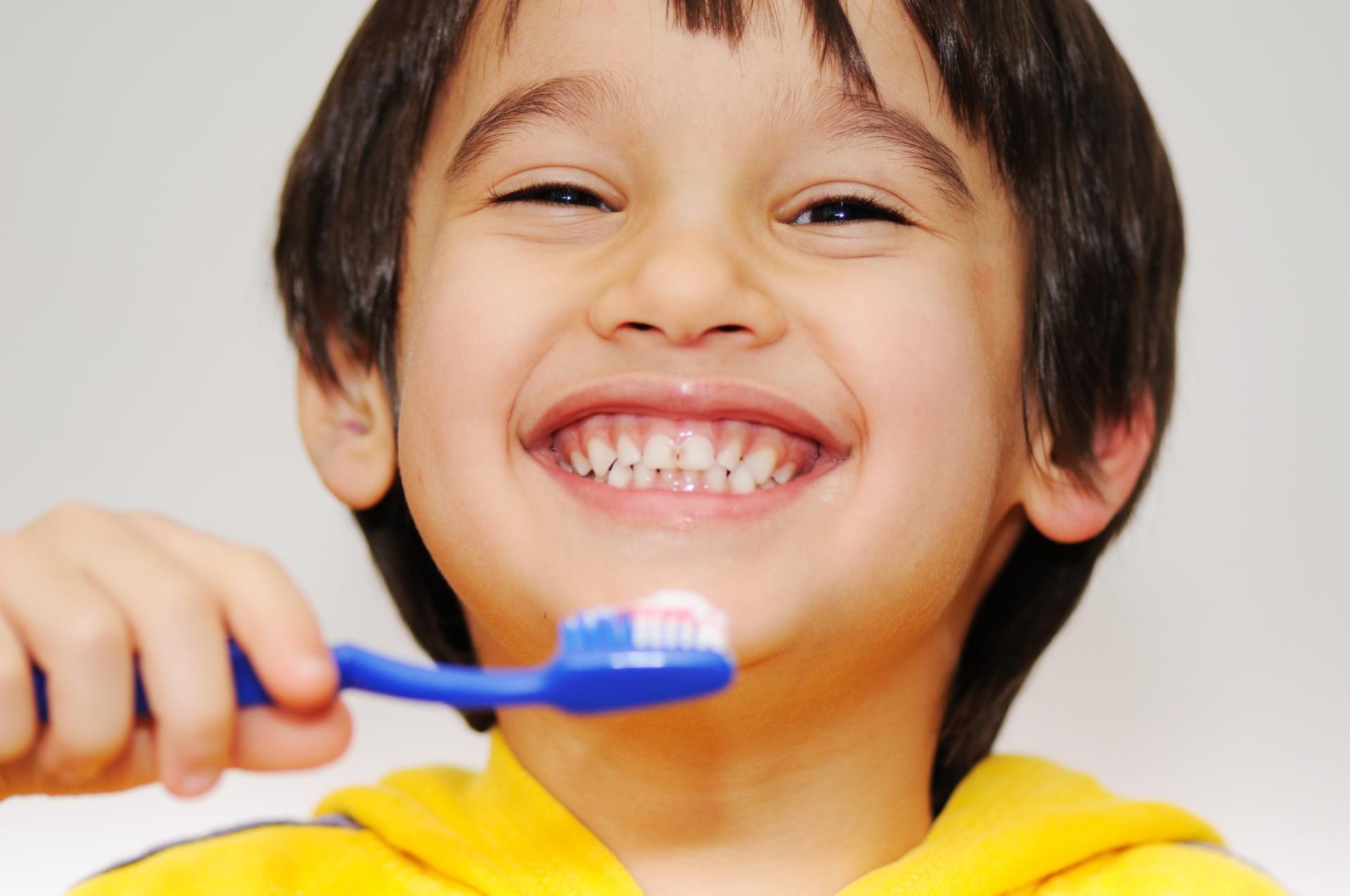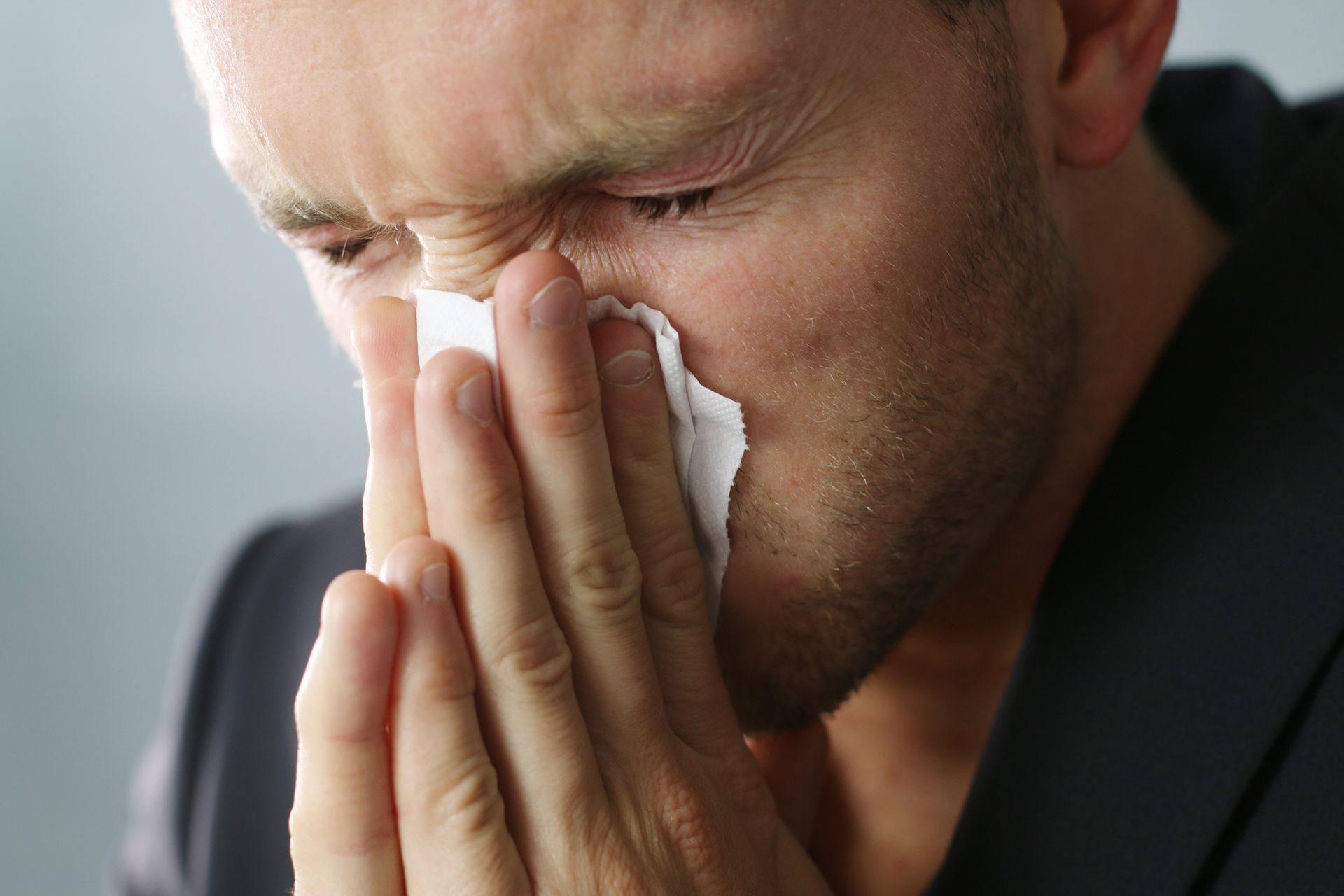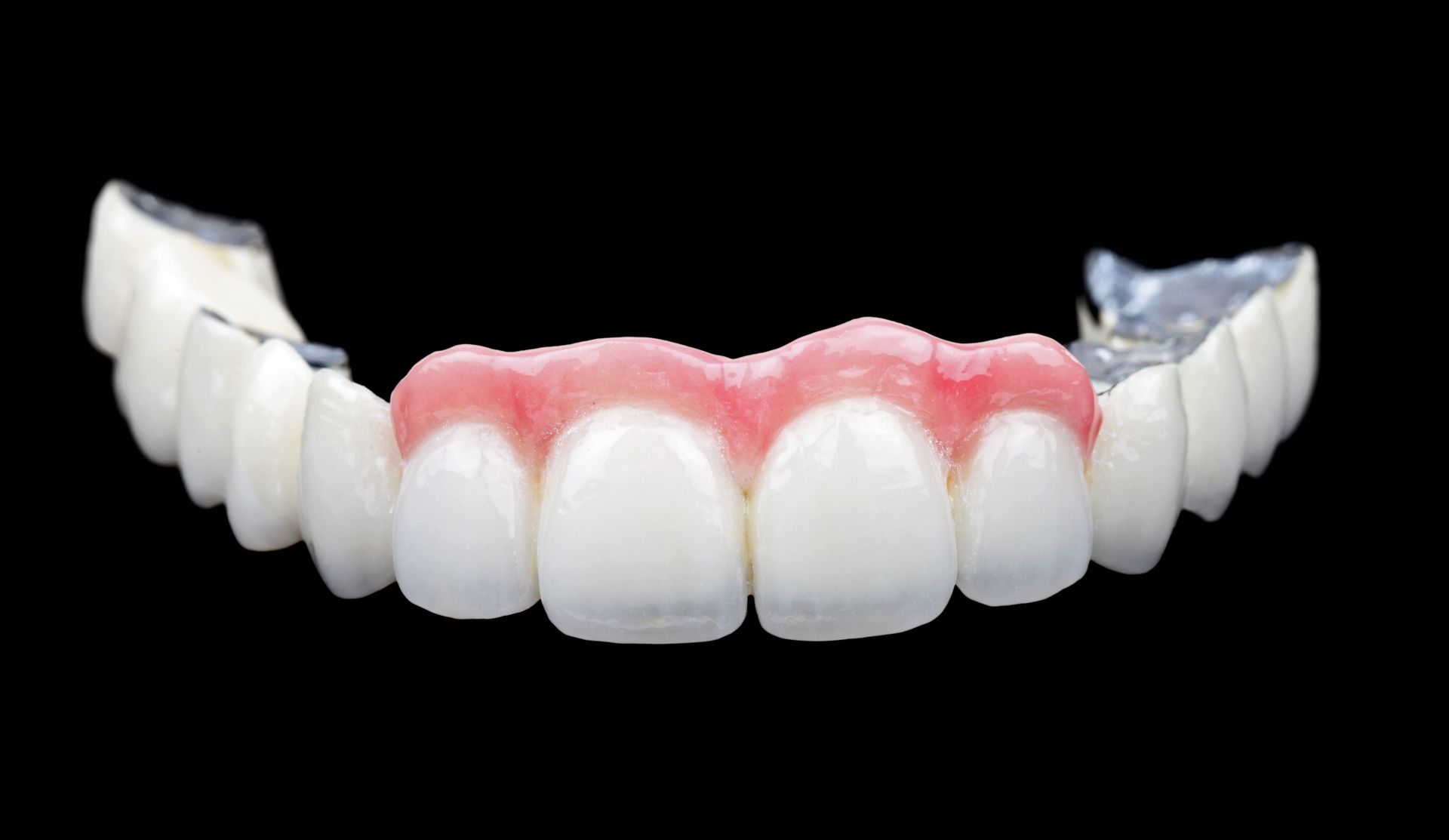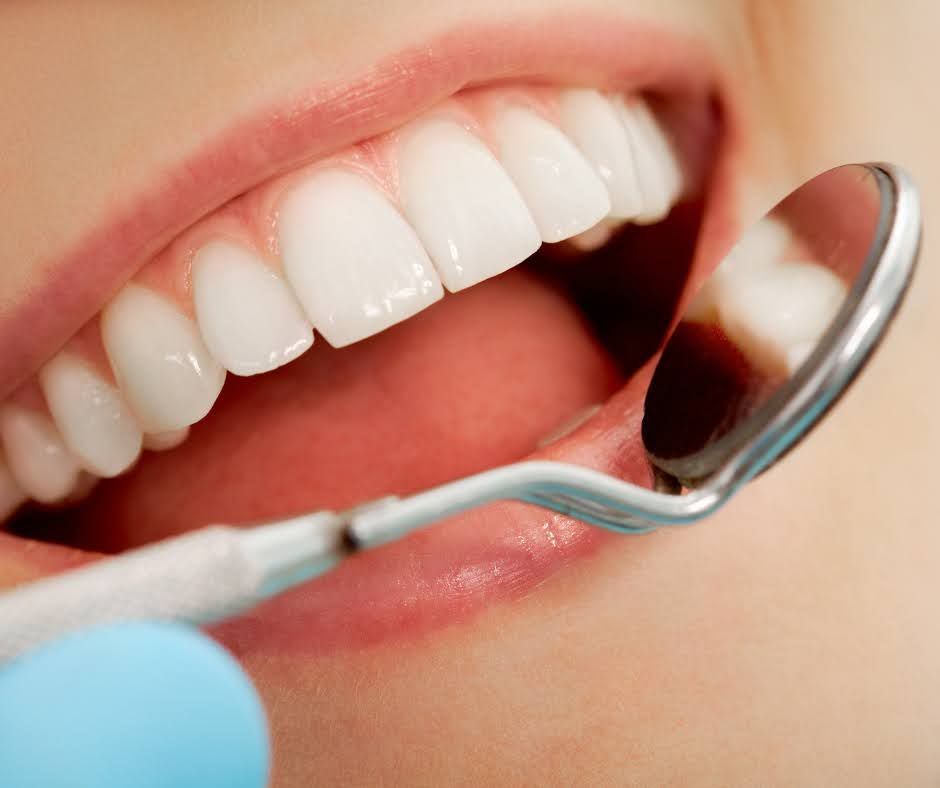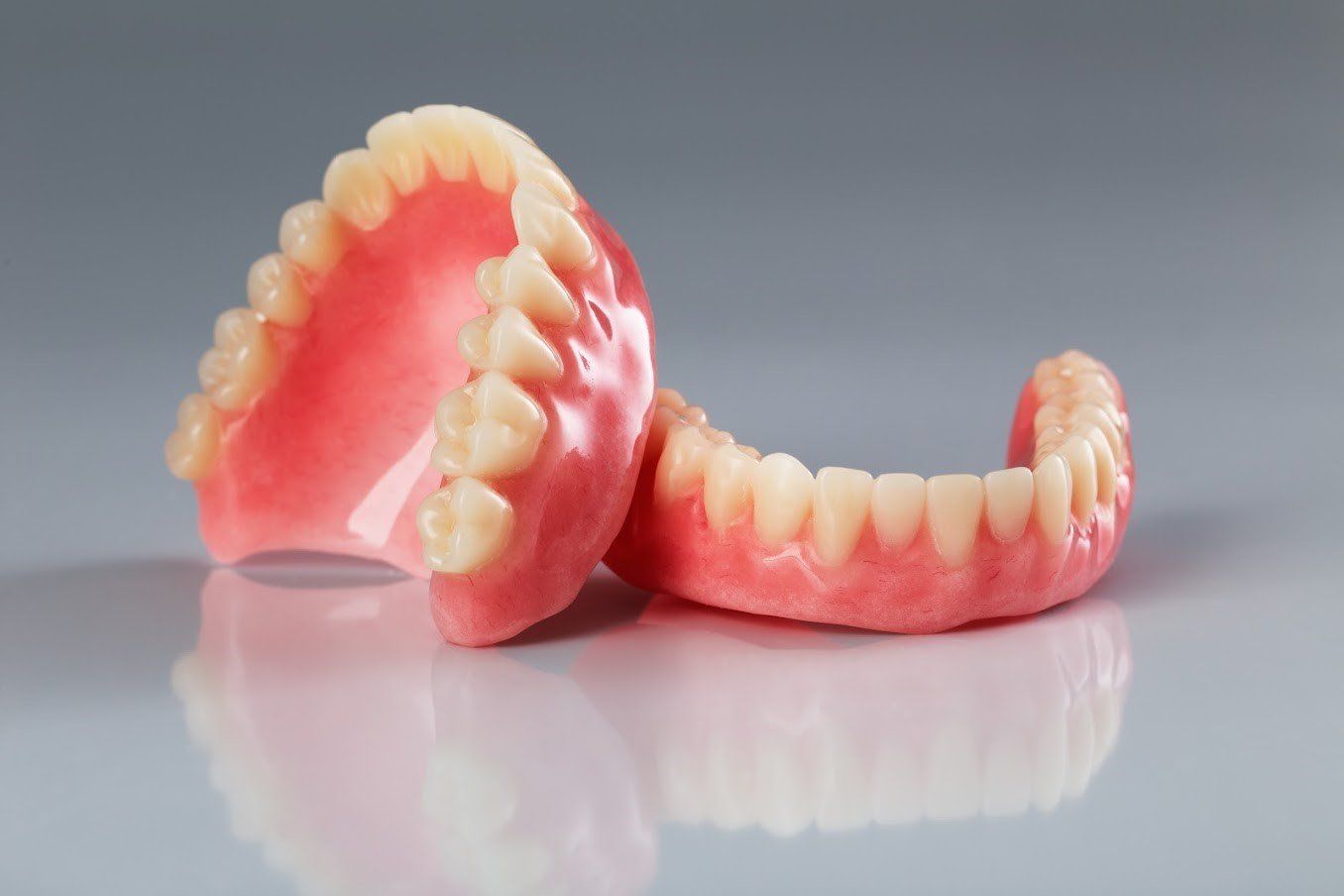Persistent Bad Breath? Why You Need To Be Alarmed
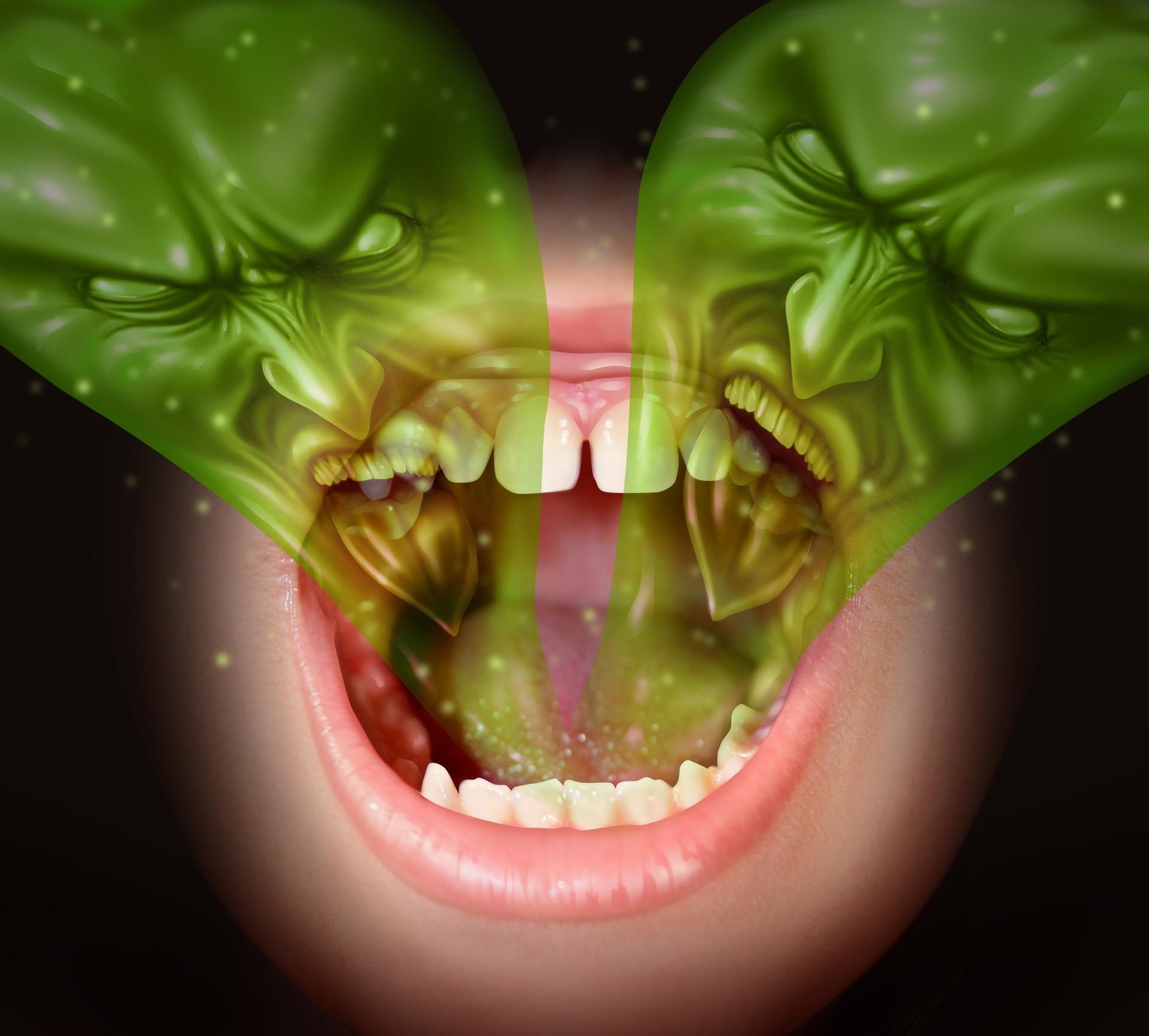
Bad breath is a reality that many people have to contend with on a daily basis. It can be a source of embarrassment and social isolation, not to mention a potential sign of an underlying dental problem.
While there are many reasons why people might experience bad breath, some of them may warrant more attention than others. This blog post delves into the three main reasons to be alarmed if you suffer from persistent bad breath.
Gum Disease
Gum disease, or periodontal disease, is one of the most common causes of bad breath. It occurs when harmful bacteria build up on your teeth and invade your gums, leading to inflammation and infection. These bacteria produce toxins that can cause a foul smell, which manifests as bad breath. The bad breath can get so bad at times that you can't even fix it with a breath mint.
In some cases, the infection can create deep pockets between your teeth and gums, which can harbor food particles and further breed bacteria. It gets harder to clean the teeth as the infection progresses, leading to a greater risk of chronic bad breath.
While you might be able to mask the smell with a mouthwash, the issue only worsens if you ignore it. Gum disease can progress and lead to more severe oral health problems, including tooth loss and bone deterioration. You'll have more to worry about than just a bad smell in your mouth.
Dry Mouth
Dry mouth syndrome occurs when you don't produce enough saliva, which can be caused by certain medications, dehydration, health conditions, or lifestyle factors. Saliva helps remove food particles and bacteria from the mouth, and when it isn't produced in sufficient quantities, the risk of bad breath increases.
A dry mouth becomes a breeding ground for bad breath-causing bacteria, which can produce a repugnant smell. It doesn't help that a dry mouth makes your tongue feel sticky and unpleasant on top of these issues. You might also experience symptoms like a metallic taste in your mouth, thick or stringy saliva, and a burning sensation on your tongue.
The best way to deal with a dry mouth is to stay hydrated. This way, you can ensure that your mouth remains moist and bacteria-free. Additionally, chewing sugarless gum or sucking on sugarless candy can help stimulate saliva production.
But be sure to avoid alcohol and caffeine, as these can further aggravate an already dry mouth. While they may provide short-term relief, these drinks actually dehydrate the body and limit saliva production. If these simple solutions don't work, talk to your dentist to find out what else you can do to manage your dry mouth.
Tooth Decay
Tooth decay occurs when the enamel—the hard outer layer of your teeth—is damaged by the acids the bacteria in your mouth produce. The problem starts when food particles, particularly those high in carbohydrates and sugars, stick to your teeth.
Bacteria in your mouth thrive on these food particles and produce acids as a by-product. These acids slowly dissolve the enamel, leading to cavities or tooth decay.
As the decay progresses, the pockets of decay can harbor more bacteria, which in turn contributes to bad breath. The bacteria then produce volatile sulfur compounds (VSCs) that often give off a foul smell. These compounds are frequently associated with halitosis, the medical term for persistent bad breath.
While brushing and flossing frequently can help prevent tooth decay, the only way to cure it is to visit your dentist. Treatment may include a root canal, dental crowns, or in some cases, even tooth extraction.
Schedule a consultation with us at Carlino & Paton DDS PC to find out what's causing your bad breath and get the help you need. We have the best team of dental professionals who can provide comprehensive treatment options to tackle your oral health problems. Let us help you back to your best self!
Contact Information
Address: 51190 D W Seaton Drive New Baltimore, MI 48047
Phone: 586-725-9898
Fax: 586-725-4470
Business Hours
Monday: 9:30 am - 6:00 pm
Tuesday: 9:00 am - 6:00 pm
Wednesday: 9:00 am - 6:00 pm
Thursday: 8:30 am - 6:00 pm
Friday: 8:30 am - 12:30 pm
Saturday: 9:00 am - 2:00 pm
Open One Saturday a Month
Contact Information
Address: 51190 D W Seaton Drive New Baltimore, MI 48047
Phone: 586-725-9898
Fax: 586-725-4470
Business Hours
Monday: 9:30 am - 6:00 pm
Tuesday: 9:00 am - 6:00 pm
Wednesday: 9:00 am - 6:00 pm
Thursday: 8:30 am - 6:00 pm
Friday: 8:30 am - 12:30 pm
Closed Saturday and Sunday

